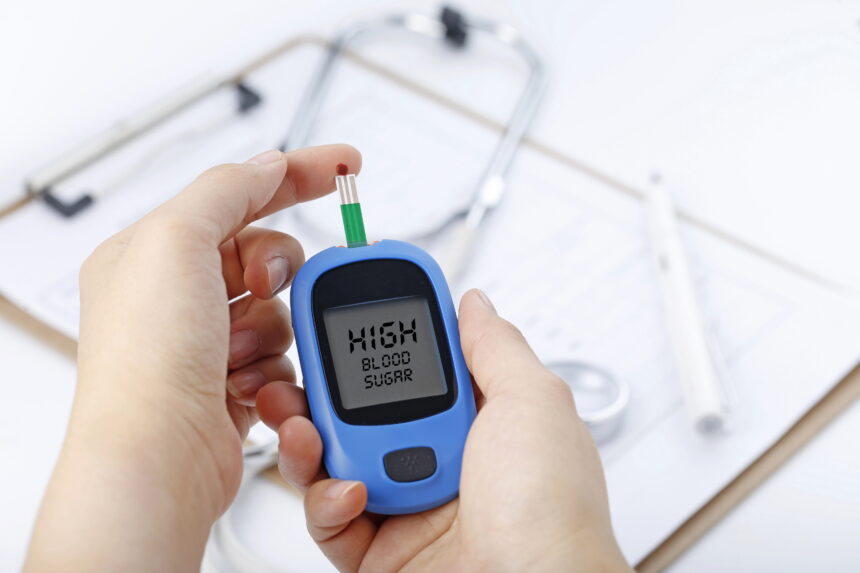Diabetes is a prevalent chronic condition that affects a significant number of individuals in South Africa. While it can have serious health implications if left untreated, early detection and management play a crucial role in minimizing complications. By understanding the signs and symptoms of diabetes, individuals can seek timely medical attention and take control of their health. In this article, we will explore the common signs and symptoms of diabetes in South Africa, empowering individuals to recognize the warning signs and seek appropriate care.
- Frequent Urination (Polyuria): One of the most common symptoms of diabetes is frequent urination. Individuals may notice an increased need to urinate throughout the day and even at night (nocturia). This occurs as the kidneys work to eliminate excess glucose from the blood by excreting it in urine.
- Excessive Thirst (Polydipsia): Increased thirst, known as polydipsia, often accompanies frequent urination in individuals with diabetes. As the body loses fluid through increased urination, it leads to dehydration, triggering a heightened sensation of thirst.
- Unexplained Weight Loss: Unintentional weight loss, despite maintaining normal eating habits or even an increased appetite, can be a symptom of diabetes. When insulin is insufficient or ineffective, the body is unable to utilize glucose properly, leading to the breakdown of fat and muscle tissue for energy.
- Fatigue and Weakness: Chronic fatigue and weakness are common symptoms of diabetes. The body’s inability to effectively use glucose results in reduced energy levels, leading to persistent tiredness and a lack of stamina.
- Increased Hunger (Polyphagia): Experiencing persistent hunger, known as polyphagia, can be a sign of diabetes. When cells are not receiving adequate glucose due to insulin resistance or insufficient insulin production, the body signals a need for more energy, resulting in increased appetite.
- Slow Healing of Wounds: Diabetes can impair the body’s ability to heal wounds effectively. Minor cuts, scratches, or sores may take longer to heal or show delayed healing, increasing the risk of infection.
- Blurred Vision: Fluctuations in blood sugar levels can cause changes in the lens of the eye, leading to blurred vision. Individuals with diabetes may experience difficulty focusing or noticing sudden changes in their vision.
- Numbness and Tingling: Prolonged high blood sugar levels can damage nerves, resulting in peripheral neuropathy. This condition often leads to numbness, tingling, or a loss of sensation in the extremities, particularly the feet and hands.
- Recurrent Infections: Individuals with diabetes may be more susceptible to frequent infections, particularly in the skin, gums, urinary tract, or vaginal area. High blood sugar levels create an environment favorable for bacterial and fungal growth.
- Increased Thirst and Hunger in Children: In the case of type 1 diabetes, children may exhibit additional symptoms such as bedwetting (enuresis), increased thirst, increased hunger, unexplained weight loss, irritability, and recurrent infections. Prompt medical attention is crucial if these symptoms are observed in children.
Recognizing the signs and symptoms of diabetes is essential for early detection and effective management in South Africa. If you experience any of the aforementioned symptoms, it is important to consult a healthcare professional for proper evaluation and diagnosis. Remember, diabetes is a manageable condition, and with the right treatment plan, lifestyle modifications, and ongoing care, individuals can lead healthy and fulfilling life while minimizing the risk of complications associated with diabetes.










